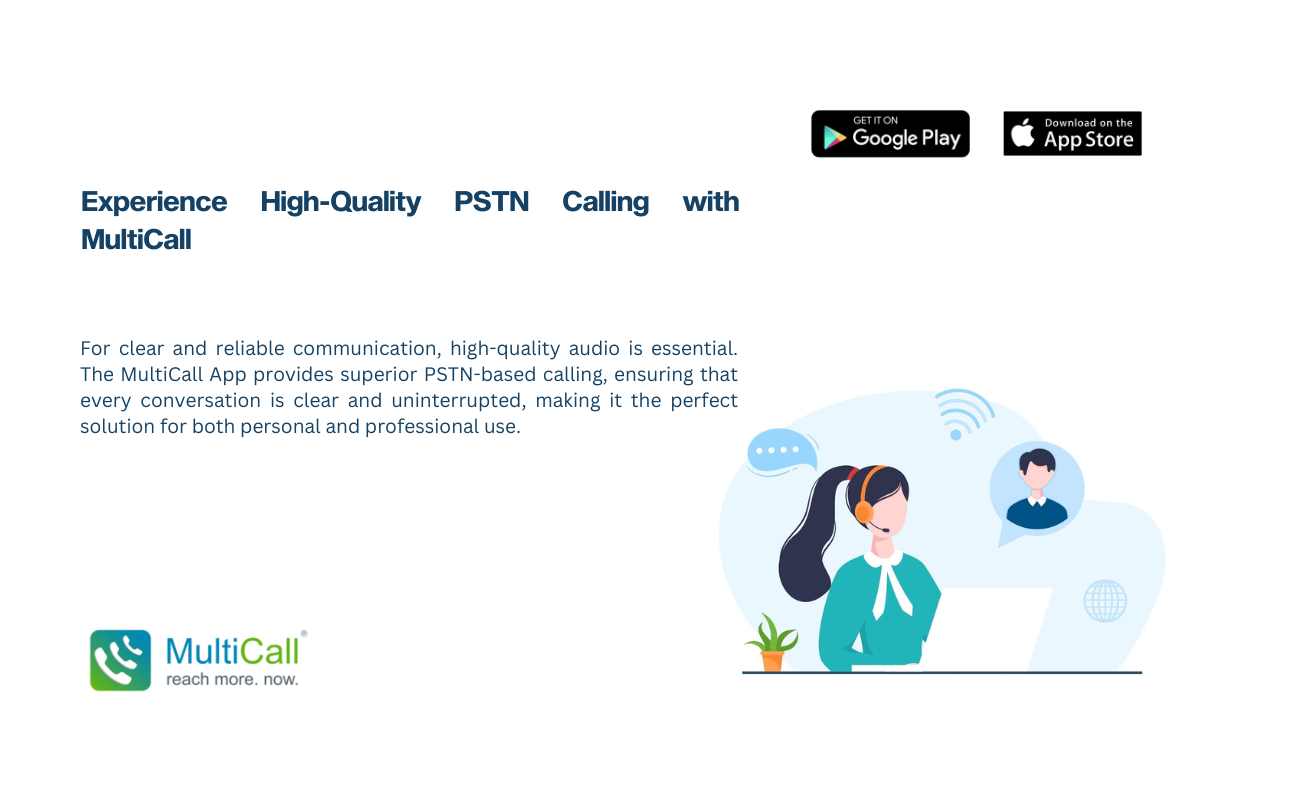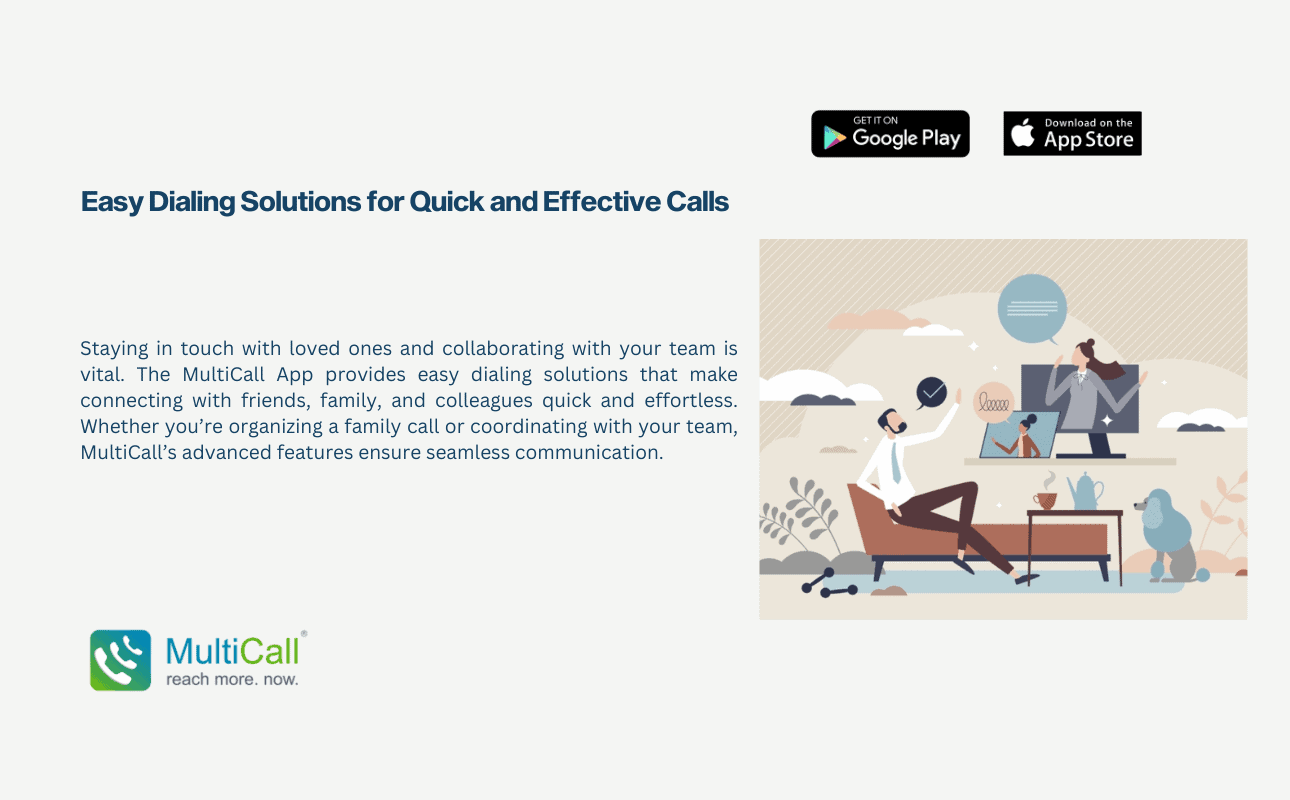
Next-Generation Video Conferencing with Conclave
Next-Generation Video Conferencing with Conclave Introduction Conclave by MultiCall is redefining

As the world rolls onto a lockdown wave due to the CoViD-19 pandemic, VolP has exponentially grown as a solution for conferencing calls. With the need of having a communication solution that can accommodate for large teams to carry out teleconferences during remote working, the many benefits it has included are high scalability, low installation costs, and more analytics.
But the exponential usage also means that we have seen at times like the present situation when working from home that having a functional high-speed network may not always be possible. Not everyone has access to high-speed internet, and even if they did, the usage spikes in the network would mean at present that access can be degraded or interrupted. You probably may be asking the question; “What are the most common issues faced in VoIP?” at this point. On that note, here are 5 issues commonly faced in VoIP calls that MultiCall can solve.
Even in normal circumstances, no one is a stranger to an overloaded internet connection. Offices would often witness that their Internet connection is overloaded at certain times of the day on account of the usage requirements during peak office hours. So in an atypical time like this lockdown, the network usage spikes would only exacerbate the connection problem. Video conferencing solutions may not be the best solution considering this, and audio conferencing solutions can have their call quality compromised. MultiCall is able to bypass this, as it requires data only to initiate the call
Before we start on how this is a problem, it must first be understood that what we mean by bandwidth, is the speed with which data passes through your network, both back and forth. The connection speed at times may not suffice, and as a result you probably would have seen some of its “symptoms” like below while accessing anything online, or even playing video content:
Web pages that are slow to load
Upload/download of files taking longer times than normal
Video buffering or play slowed.
Connections timing out connections.
Where this applies to VoIP calls and conferences, however, is what takes precedence. Your audio might sound scrambled, or cut out entirely, sending out that rather annoying beep when the app is trying to reconnect. The worst case scenario of this is that you may be disconnected from the session entirely if the loss is prolonged, hampering your ability to work with your team. MultiCall is able to step past this in that it only depends on data to initiate the call, and therein not as dependent on the bandwidth as other VoIP call solutions.
The audio issue we discussed earlier due to the lower bandwidth is traced to issues of what’s known as a Jitter, or a Packet Loss. Let’s put it this way, VoIP calls are done by transfer of data packets that carry your voice. These packets are converted by the phone receiving them into analogue voice signal. In a self-explanatory manner, packet loss is when data packets carrying your voice are lost and don’t arrive. Jitter is when there’s a delay in the arrival of the same packets, resulting in a conversation lag. After data is used to initiate the call as discussed earlier, the call is bridged with PSTN tech to give you the call quality that’s on par with, if not better, than a landline call.
In certain cases, the issue of a bad connection can affect a VoIP call well before you even made one. Virtually all VoIP call apps require registering and logging in to the server. Poor connectivity can create issues of logging in and registering with the server; in which case you won’t be able to make or receive calls at all. MultiCall steps in here in that registration and signing in only happens once; when you have downloaded the app. Once you’ve downloaded the app, setup your email ID and register your phone number, and enter the OTPs provided in both. Once done, you’re good to go!
Sometimes the quality of the VoIP call can be caused by outdated routers, firewalls and cable modems, or even the VoIP device itself (laptop or phone). While you do need a smartphone to make a MultiCall , here’s the good news; your call participants don’t need to have one. You can choose any number you want to be called on without a worry of network or internet connectivity; even landlines!
The productivity of individuals while working and learning remotely can be affected by the type of internet connection they have if they depend directly on it at this time. This needn’t be the case. With MultiCall’s ability to bypass most of the problems commonly associated with VoIP calls, your ability to reach more begins now. So pick up the phone, open the app, and Happy MultiCalling!



Next-Generation Video Conferencing with Conclave Introduction Conclave by MultiCall is redefining

Group Call Business Communication: Tips and Best Practices Introduction Effective

Experience High-Quality PSTN Calling with MultiCall Introduction For clear and

Key Features of MultiCall’s Group Calling Solutions Number Masking: Protect

Key Features of MultiCall’s Easy Dialing Solutions Instant Group Calling

Key Features Instant Group Calling Apps: MultiCall allows you to